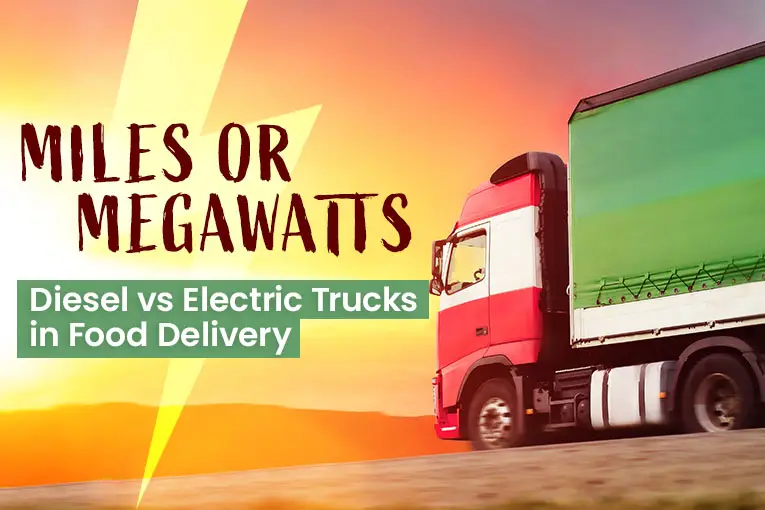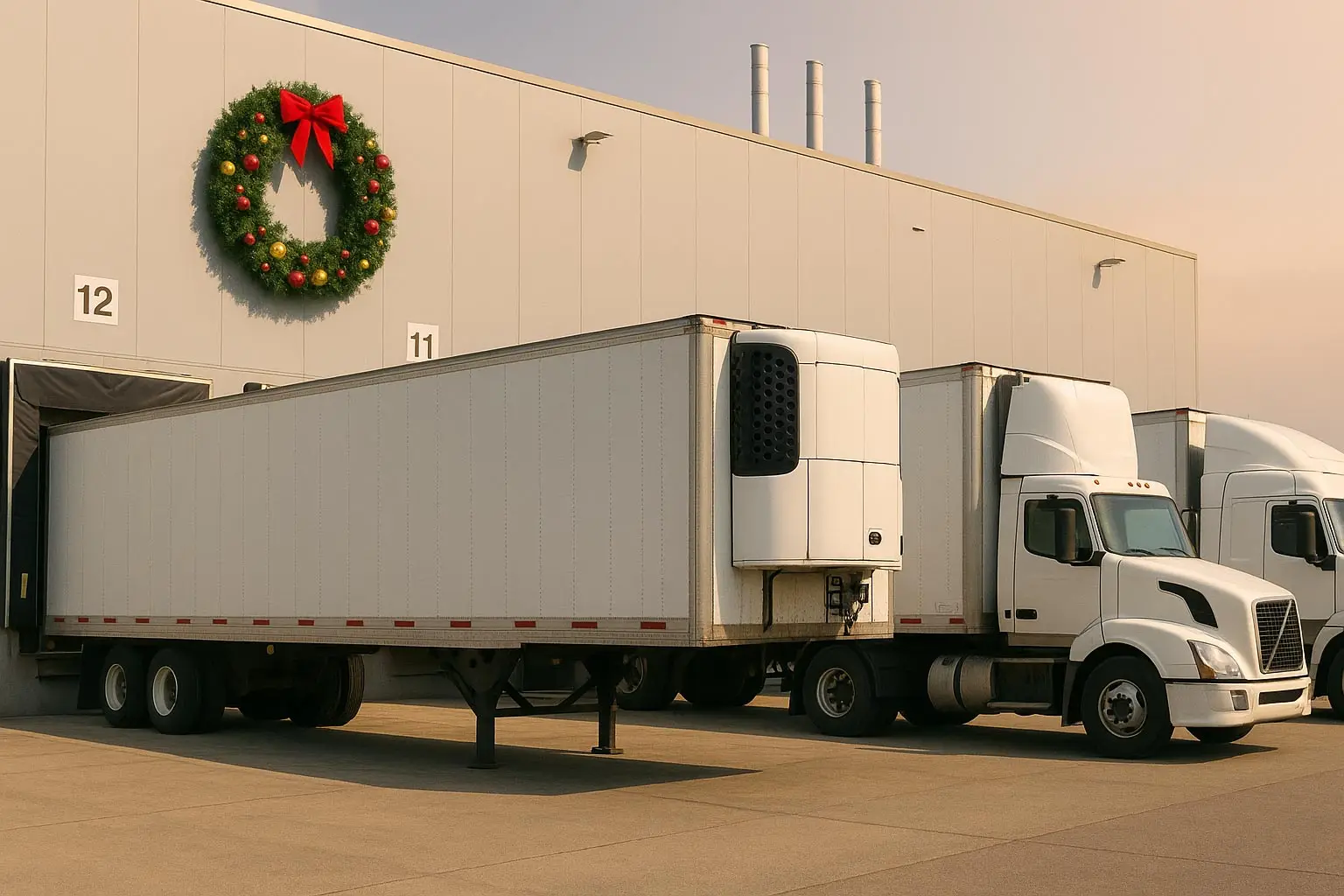The ongoing debate between electric trucks and traditional diesel trucks has generated discussions about their suitability for various industries, including food transportation. While electric trucks offer compelling advantages, it is essential to consider the unique strengths of diesel trucks in this context. In this article, we will explore the different factors that contribute to the effectiveness of both electric and diesel trucks for transporting food, providing a comprehensive analysis of their respective capabilities.
1. Power and Range
When it comes to power and range, diesel trucks have a long-standing reputation for their robust performance. Diesel engines are known for their high torque and excellent hauling capacity, allowing them to transport heavy loads efficiently. In the food transportation industry, where timely and reliable deliveries are critical, the ability to handle substantial volumes of perishable goods is invaluable. Diesel trucks, with their formidable power, offer a reliable solution to meet these demanding requirements.
Furthermore, while electric trucks continue to advance, diesel trucks currently hold an advantage in terms of range. Long-haul food transportation often spans extensive distances, requiring vehicles with sufficient mileage capacity. Diesel trucks benefit from established refueling networks and quick refueling times, ensuring seamless operations and meeting tight delivery schedules.
2. Infrastructure Considerations
One aspect that deserves attention when comparing electric and diesel trucks is the existing infrastructure challenges. While electric vehicles are undoubtedly gaining traction, the charging infrastructure is not yet as developed or widely available as the refueling infrastructure for diesel trucks. This factor poses practical challenges for electric trucks, particularly in long-haul operations where charging stations may be scarce.
Additionally, the charging time required for electric truck batteries is typically longer than the refueling time for diesel trucks. In time-sensitive food transportation, quick turnaround times are crucial to ensure the timely delivery of perishable goods. The extended charging duration of electric trucks may introduce delays and potentially increase operational costs.

3. Payload Capacity and Weight Distribution
In terms of payload capacity and weight distribution, diesel trucks offer notable advantages. Maximizing payload capacity is essential for efficient and cost-effective transportation of perishable goods. Diesel trucks, renowned for their robust frames and hauling capabilities, can accommodate heavier loads, allowing for the transport of larger quantities of food products in a single trip.
Furthermore, diesel trucks provide reliable weight distribution, ensuring stable transport even on challenging terrains. The ability to evenly distribute weight in the cargo area is crucial for safeguarding perishable goods during transit. Diesel trucks’ design and construction make them well-suited for maintaining stability and minimizing the risk of damage.
4. Cost and Operational Considerations
From an economic perspective, diesel trucks currently hold an edge in terms of cost and operational efficiency for food transportation. Diesel fuel is widely available and often more affordable than electricity, especially considering the initial costs associated with establishing electric charging infrastructure. Additionally, the lower purchase price of diesel trucks compared to electric models contributes to their overall cost-effectiveness.
Moreover, diesel trucks typically require less maintenance and have longer lifespans, resulting in reduced downtime and repair costs. Electric trucks, with their complex battery systems, require regular maintenance and eventual replacement, adding to operational expenses and lifecycle costs.
The ongoing debate between electric and diesel trucks in food transportation highlights the unique advantages of each option. While diesel trucks exhibit strengths in terms of power, range, payload capacity, weight distribution, and cost-efficiency, it is crucial to acknowledge the continuous advancements in electric vehicle technology. As the industry evolves, it is essential to consider the specific needs of food transportation operations and weigh the benefits of both electric and diesel trucks to make informed decisions that align with sustainability, performance, and economic factors.



